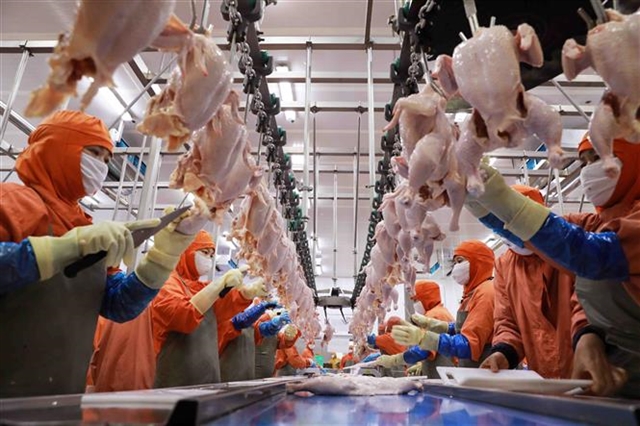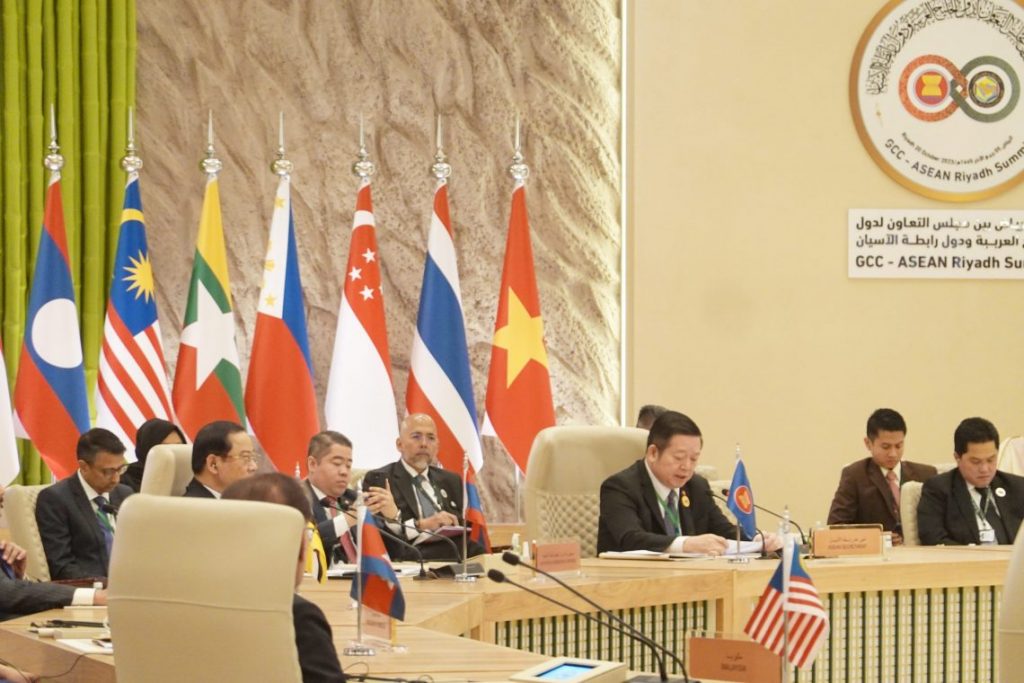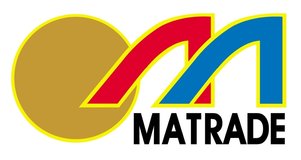VUÕNG TAØU — The advantages and challenges of bilateral relations between Vieät Nam and the Middle East came under the spotlight at a conference yesterday in the southern province of Baø Ròa-Vuõng Taøu.
Speaking at the event, deputy head of the the Ministry of Industry and Trade’s Africa – Western Asia – Southern Asia Department Leâ Thaùi Hoøa outlined crude oil, tourism, labour, and science and technology as promising sectors for bilateral co-operation in the future.
Last year, Vieät Nam exported US$1.65 billion worth of goods to the Middle East, mainly seafood, textiles, footwear, iron and steel, electronics, handicrafts, agricultural products, machinery and equipment, surging 45 per cent over the same period of the previous year.
Exports were likely to reach approximately $2.4 billion by the end of the year, up 69 per cent year-on-year.
Despite these encouraging results, Vieät Nam was still faced with several barriers in fostering trade relations with the Middle East, such as cumbersome administrative procedures, political instability and insufficient market information, Hoøa said.
Other experts at the event called on Vietnamese exporters to foster their understanding of the market’s culture, communication and business customs. They were also urged to win Halal certification, necessary if the firms wanted to effectively access the market.
The Halal certification is a global scheme for products and services. It is an independent process to verify halal and haram ingredients and purity conditions required to meet Qur’an and Shariah standards.
Halal (permitted) and Haram (prohibited) are universal Arabic terms applied to all facts of life and commerce. Shariah is defined as a legal framework under Islamic Law.
Vieät Nam now has Halal certification agencies in both Haø Noäi and HCM City.
In a move to help local businesses better understand the respective business customs and market demands before meeting potential partners, the department planned to organise online business meetings between Vietnamese enterprises and firms from six Middle Eastern countries early next year. —VNS



